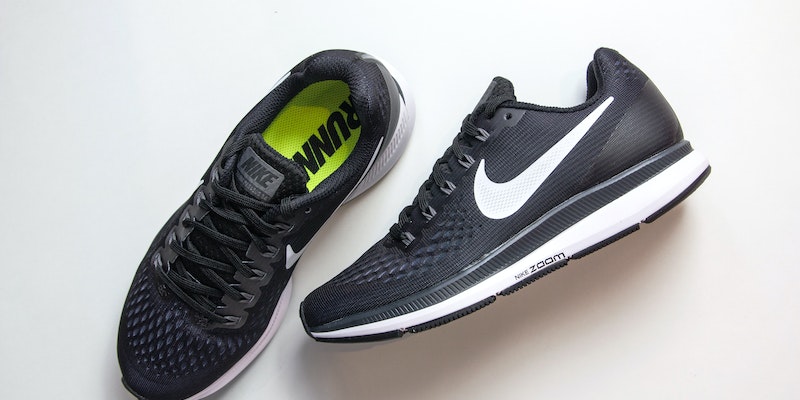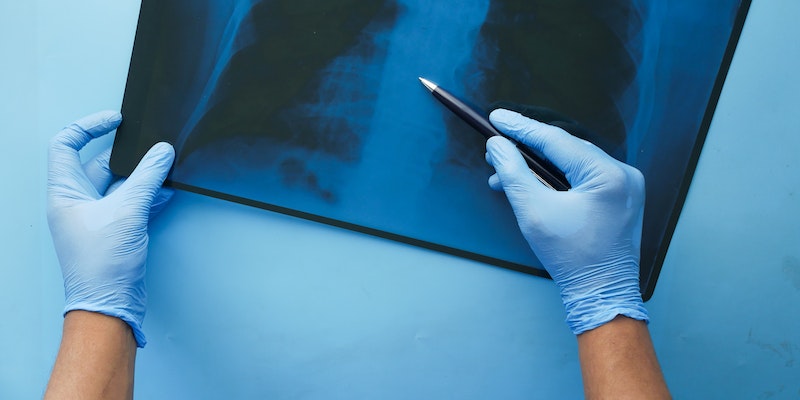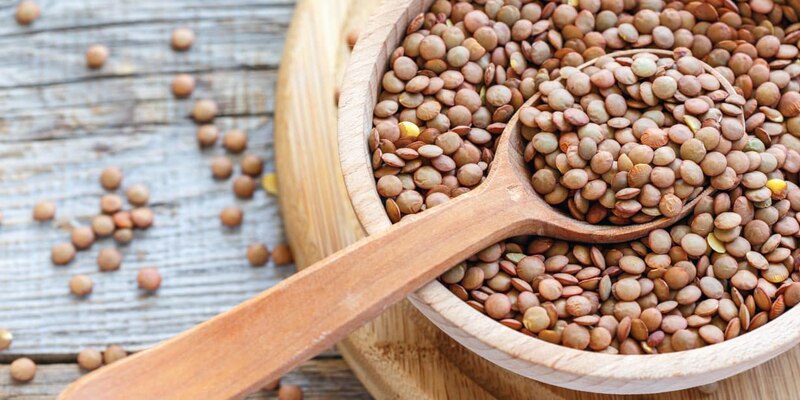Millions of individuals worldwide suffer from the bothersome and enduring skin ailment known as acne. Studies reveal that although certain meals may help lessen the effects of acne, others may cause it. Making a nutrient-rich and skin-friendly grocery list is one approach to promote healthier skin while also avoiding acne.
Hormones, stress, heredity, and lifestyle choices are some of the causes that cause acne. Especially when it comes to controlling acne, diet is vital. Certain people have reported that eating foods heavy in sugar, bad fats, and dairy can exacerbate their acne. Including meals high in vitamins, minerals, and anti-inflammatory qualities can support better skin.
Which Foods Can Help in Acne Recovery?
Acne can be less noticeable if you eat foods with a lower glycemic, like complex carbs and other foods higher on the food chain. Some of them are as follows:
Turmeric
One strong antioxidant known to lessen inflammation is curcumin, which is present in it. It can lower the presence of germs that cause acne and control blood sugar levels. If prescribed by a physician, it can be taken orally as a supplement or administered topically for major advantages.
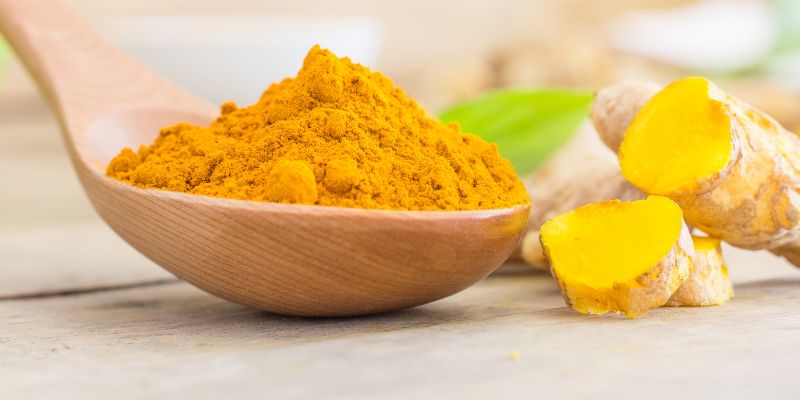
A, D, and E vitamins
Research discovered that people with low vitamins A and E had more acne. Vitamin A is abundant in foods like cream feta cheese, tuna, butter mackerel liver, eggs, etc. Broccoli, peanuts, and almonds are among the wild high in vitamin E. Vitamin D and A supplements must be taken under a doctor's supervision.
Green Vegetables
Helping your skin is only one of the numerous benefits of eating green vegetables. Leafy greens like spinach, kale, and others are rich in vitamins and minerals. Rich in vitamins A and C, meals are the best for reducing acne and scarring from acne. Additionally, you should prioritize eating leafy greens because they provide most of the necessary vitamins.
Foods High In Antioxidants:
Although not everyone enjoys eating green vegetables, did you know that including certain delicious items in your diet will help improve your skin's condition? Rich in antioxidants, berries, green tea, and dark chocolate can help shield your skin from damage by free radicals and decrease inflammation.
Supplemental Probiotics
You should choose meals high in probiotics since having clean skin requires a robust immune system and a healthy gut microbiome. For instance, kimchi and kombucha can promote and enhance clean skin and help maintain a healthy stomach. Clearer skin is a byproduct of a healthy stomach!
Items Rich In Zinc:
Zinc is essential for maintaining the health and happiness of your skin. It relieves inflammation and aids in controlling oil production. Chicken, steak, oysters, and pumpkin seeds are all excellent choices if you want to increase the amount of zinc-rich foods in your diet.
Which Food Can Cause Acne?
Before moving on to the list, you must know that food does not cause acne directly. The following meals can only make you break out if you have very oily and acne-prone skin, your gut isn't working well, and you don't maintain a good cleansing regimen.
Chocolate
One item that is hotly contested in the acne community is chocolate. According to certain research, high chocolate intake may be linked to acne outbreaks. Still up for debate is the exact cause-and-effect link between chocolate and acne. The carbohydrates, lipids, and possible allergies in chocolate goods may bring on acne in certain people. Mod moderation and personal observation may aid in understanding how chocolate affects different skin disorders.
Fast Food
Even though the exact chemical causing acne is yet unknown, adolescents who regularly consume large quantities of fast food staples such as burgers and fries may experience acne-related issues. Acne outbreaks may be caused by excessive fast food, which is frequently heavy in processed meals, harmful fats, and refined carbs. Reducing processed food intake and sticking to a balanced diet may help with acne-related skin issues.
Dairy Products
Research involving teens has highlighted a possible correlation between drinking skimmed or low-fat milk and an increased risk of acne. Nevertheless, exactly which pathways connect eating dairy to the onset of acne is still unknown. Suppose a connection is observed between the use of dairy products and acne breakouts. In that case, people should consider cutting dairy products out of their diet to reduce acne symptoms.
Refined Sugars
When refined sugars from home sugar, sodas, tetra-pack juices, and honey are consumed, refined carbs are introduced into the circulation and cause a quick jump in blood sugar. As a result, elevated insulin levels drive extra sugar into cells, which may cause acne breakouts. Reducing or eliminating your intake of these refined sugar sources may help control and avoid acne-related problems.
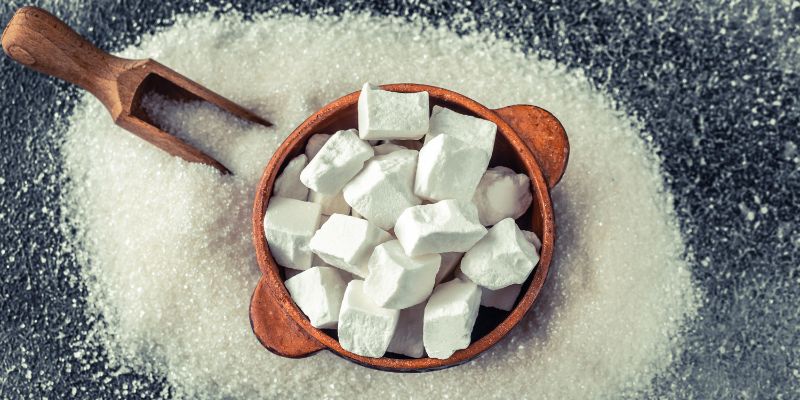
Oily Food
Frequent foods high in fat and oil include fried dishes, bacon, and greasy burgers. These meals' greasy texture may exacerbate the appearance of pimples. Particularly among those predisposed to skin problems, these meals' extra oil and fats may cause blocked pores and increased sebum production, which might result in acne outbreaks.
Omega-6-Fat Foods
Soybean oil and cornflakes, two foods high in Omega-6 fats linked to inflammation, are common components of Western diets. These fats may raise acne risk, particularly for people with skin prone to acne. Eating too much food high in Omega-6 fats may trigger inflammatory reactions, exacerbating acne-related problems.
Whey Protein Powder
Whey protein powder, popular among bodybuilders and male athletes for gaining muscle, can affect skin health. Accelerated development and multiplication of skin cells have been linked to its use. Elevated insulin levels from whey protein consumption may also facilitate acne formation. Acne sufferers might want to watch how whey protein consumption affects their complexion.
Refined Grain
Foods with refined grain content, such as white flour, frequently found in pasta, bread, cereals, and rice noodles, have a high glycemic index. When this high-index food is consumed, blood sugar levels are raised. Acne can begin or worsen due to increased insulin activity, which accelerates cell proliferation and increases sebum production. Switching to whole grains from processed ones may help with acne management.
Conclusion:
Choosing wholesome, low-glycemic meals such as green vegetables and whole grains will help promote better skin. Steer clear of processed, greasy, and high-sugar foods to perhaps avoid breakouts of acne. Healthy skin may be achieved by eating a balanced diet and being aware of potential triggers, even if individual reactions to different foods can differ. Recall that while dietary modifications can help manage acne in addition to skincare regimens, getting tailored counsel from a healthcare provider is crucial for successful treatment.

